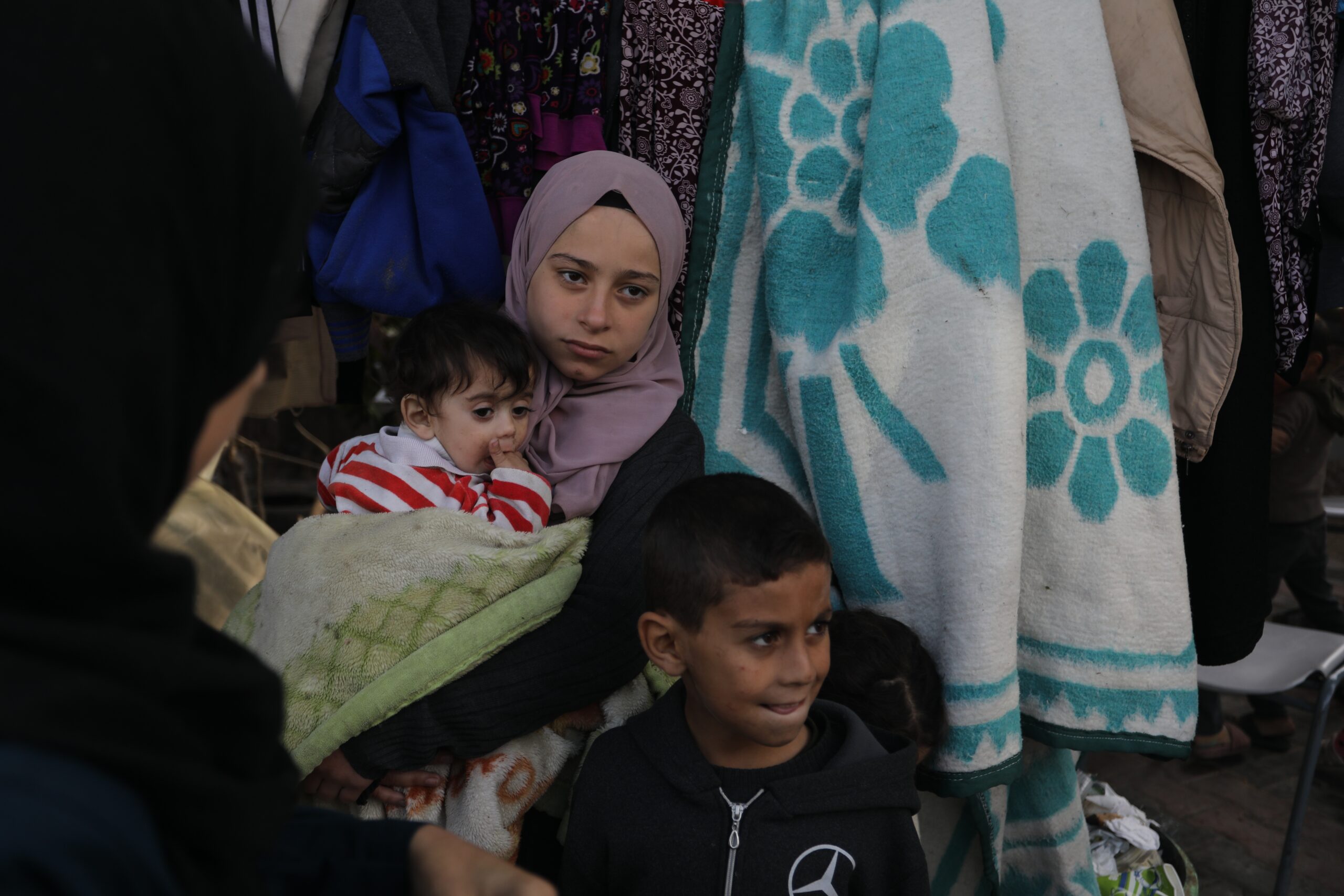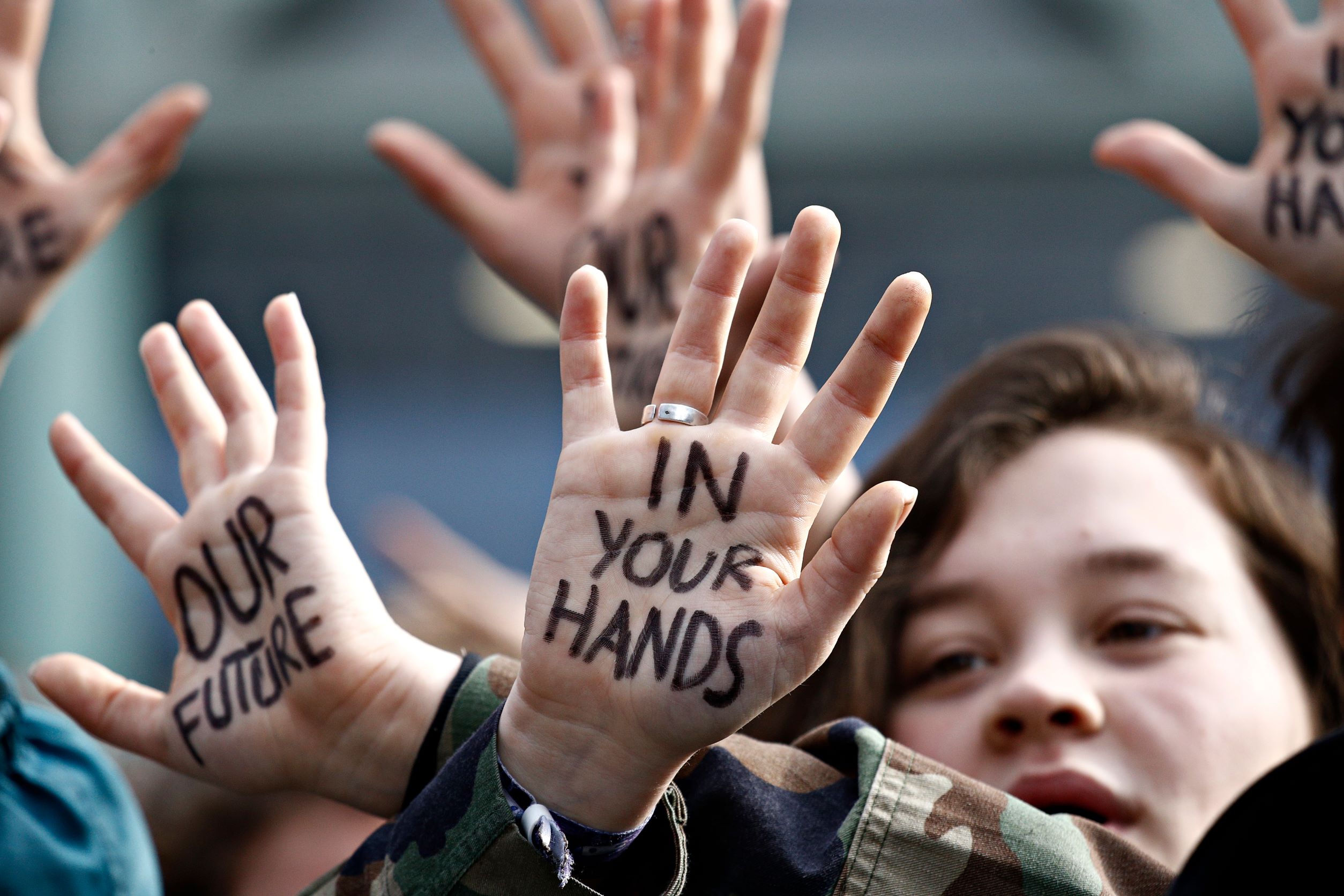There are 1.12 billion young people between the ages of 15 and 24 on earth, about 16% of the global population. By 2030, this figure is expected to grow to nearly 1.3 billion. Since the United Nations General Assembly (UNSGA) endorsed August 12th as International Youth Day in 1999, the world has seen accelerated technological changes. These have transformed social interactions, the way people consume and process information and the public’s perceptions of, and relationships with, traditional public and business institutions.
A recent report from the Walton Family Foundation, Looking Forward with Gen Z, revealed several findings about the generation born between 1997 and 2012 that support these transformations. Representing approximately 26% of the global population, these 1.8 billion young people have “low expectations that the government, corporations, and other institutions will prioritise them or take their needs into consideration; they take a more progressive stance on issues like social justice and climate change;” and they “see standing up for the voiceless as central to their identity.”
In other words, Gen Z prioritises justice, dignity and equality in addressing multifaceted global challenges. However, their lack of trust in traditional institutions – the absence of inclusive and safe platforms – enhances the risk that they will revert to anarchic methods to bring about change.
To give youth a voice and enable them to have a stake in shaping the response to global challenges, it is necessary to build stronger and more effective intergenerational cooperation to create inclusive civic and political platforms, provide dignified economic opportunities and design innovative education systems. There are three ways to achieve this:
-
Create an inclusive political representation
Globally, it is rare to find people under the age of 35 in formal political positions. According to the United Nations Development Programme, the average age of parliamentarians globally is 53. In many countries, eligibility to run for parliament is 25 years old. Nonetheless, there are encouraging examples around the world when it comes to youth in public leadership. The average age of a cabinet member in the United Arab Emirates, for instance, is 34 and last month Saudi Arabia appointed Shihana Alazzaz, in her mid-thirties, as the first female deputy secretary-general of the Council of Ministers. Finland’s Prime Minister, Sanna Marin, is 36 and Iceland’s Foreign Minister, Reykfjörð Gylfadóttir, is 34.
It is not enough for governments to aim to design responsive public policies where youths have a stake in the decision-making process. They must create enabling environments for political participation and civic engagement, so that youth become accountable stakeholders and are able to rebuild their trust in public intuitions as platforms for change. Furthermore, inclusive political participation can counter rising social violence.
My home city of Hebron, south of the West Bank, for example, has seen a rise in the use of guns in community conflicts over the last few years. While there is a political explanation for this, one reason is the absence of credible platforms for civic engagement or political participation through elections, where voices can make themselves heard, advocate for the reforms they want to see and develop reliable and representative political parties.
-
Create a dignified path to economic opportunity
Before COVID-19, young people were about three times more likely to be unemployed than adults. In the aftermath of COVID-19, one in six young people who were employed before the pandemic lost their jobs, while 40% reported a drop in income. It is even more challenging for marginalised youths, such as women and migrants, as well as those in poor and vulnerable communities, to secure and retain decent work. As the global economy slowly emerges from the effects of the pandemic and as countries deal with global inflation, economic opportunities for youth will be more challenging, especially in lower-income countries.
According to the Institute of International Finance, in 2021, global debt reached a record $303 million — the highest jump since World War II. To meet debt payments, countries will have to reduce spending on education, health and social protection according to the International Monetary Fund. Furthermore, rising interest rates will make borrowing more burdensome. In future households, youth will be forced to cut spending on critical items such as food.
Equal economic opportunity is core to living with dignity universally. Beyond government response, businesses have a role to play. Tapping into public-private partnerships, fostering business-friendly environments and strengthening social entrepreneurship ecosystems can create new job opportunities and foster an innovative and responsive economic mindset.
-
Create equal access to quality education
There remain profound disparities in education, making secondary education a dream for many, especially in lower-income countries. According to this report by the Economist last month, despite the drop in the proportion of school-age children who were not enrolled in classes from 26% in 2000 to 17% in 2018, “less than half of ten-year-olds in developing countries (home to 90% of the world’s children) could read and understand a simple story.” Without an effective response, this will be exacerbated by the school closures that took place during the COVID-19 pandemic. According to the World Bank, “the share of ten-year-olds in middle- and low-income countries who cannot read and understand a simple story has risen from 57% in 2019 to roughly 70%.”The bank estimates that $21 trillion will be wiped off their lifetime earnings.
To equip young people with the skills and tools to be civically engaged and to be more competitive in a fast-changing job market, governments must ensure quality education and equal access to it. In addition, public-private partnerships must strive to innovate in the education space to ensure an inclusive and equitable transition into the labour market and the securing of decent work.
A sense of political exclusion, a lack of economic progress and inequality undermine the extent to which youth can help shape their future and the prospects of more inclusive and peaceful societies at large worldwide. Societies must create the platforms and pathways for youth to pursue and have a real stake in shaping the policies and making the decisions that will impact their future. This will foster a sense of accountability and help re-establish trust between stakeholder groups in society.
A version of this article was published on the World Economic Forum Agenda.



